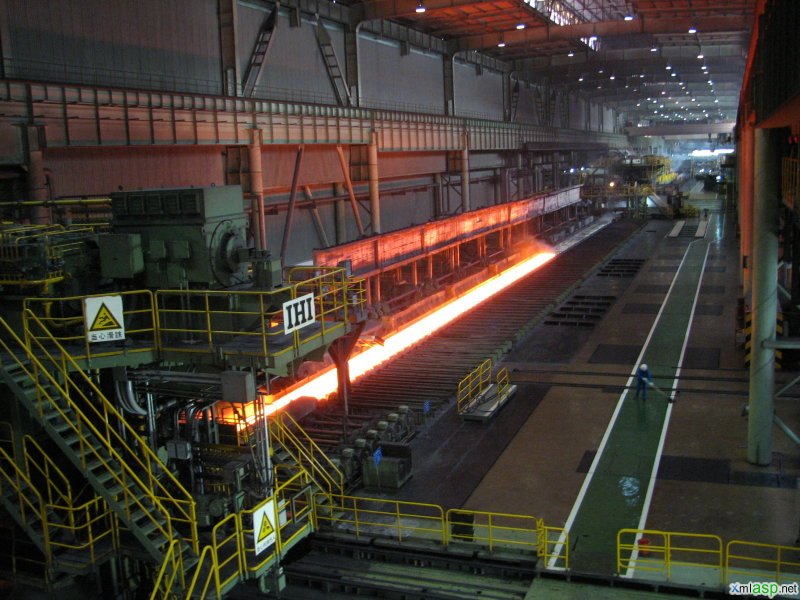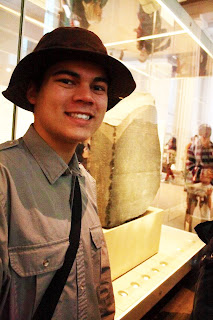During
one of our several university visits the lecturing professor
gave us a particularly unique and memorable talk. The typical speech we’d receive in these
lectures tended to involve an economic lesson about some area that was growing such
as how the city was planning to develop their infrastructure in this or that
industry, or how 300 million people had migrated from rural areas to the
cities, or how income has risen dramatically in the past several decades since
the late 1970s. This one, in particular,
took a much more philosophical slant.
Professor
Zhang Yu from Shanghai University spoke to us his philosophy about the reason
that a country develops or does not develop.
Having grown up and been educated in an overtly Communist state, he
learned that there was strength in unity of thought and belief. He learned that the government was the
benevolent institution to pass down those thoughts and beliefs for the good of
the people. But as he grew older and
began to read independently (philosophers like David Hume), he came to a
different conclusion. He began to
realize, as he told us, that the government cannot be the entity to oversee all
aspects of life. He told us that if the
government controls thought and belief, then creativity and dynamism of the
populace will be squelched, and a nation will be cursed with an inability to
move forward. As he said progress cannot
be legislated, so he said that the power to transform a nation lies in the
minds of its people. Free thought
emanating from the minds of free people is how society can evolve and change
for the better. So this brought him to
his terminal point. These days, those in
governance over China’s cities and provinces put so much emphasis on how much
is being exported, or how big the country’s GDP is from year to year. This results in a measure of success being
confused for success itself. In reality,
however, the true wealth of a nation is its people. That country is rich which is blessed with
free thinkers, tinkerers, and an environment conducive to the germination and sharing
of ideas.






